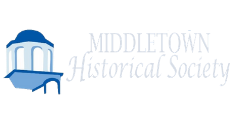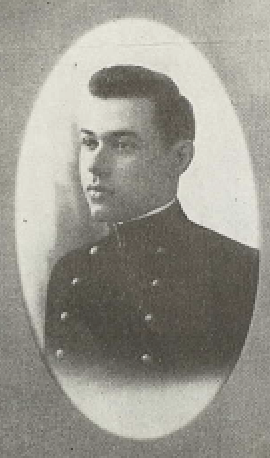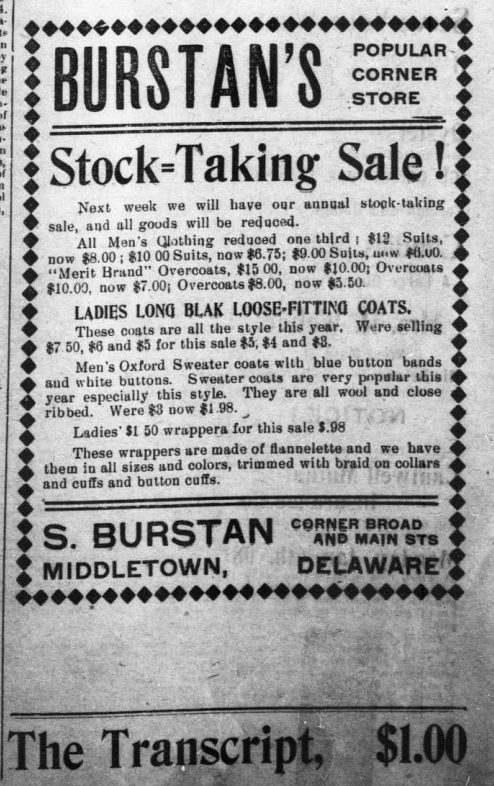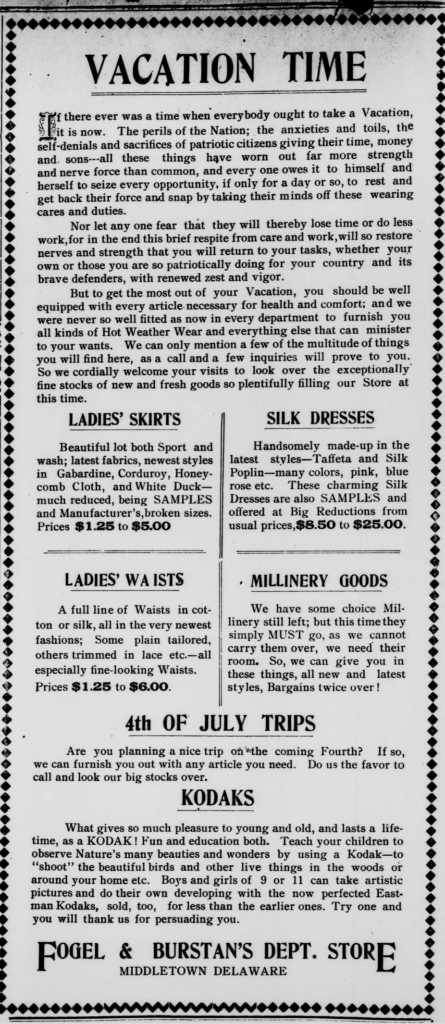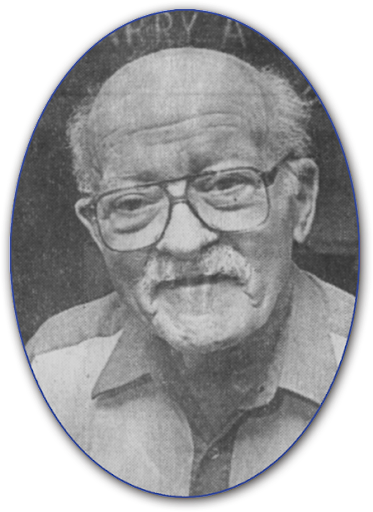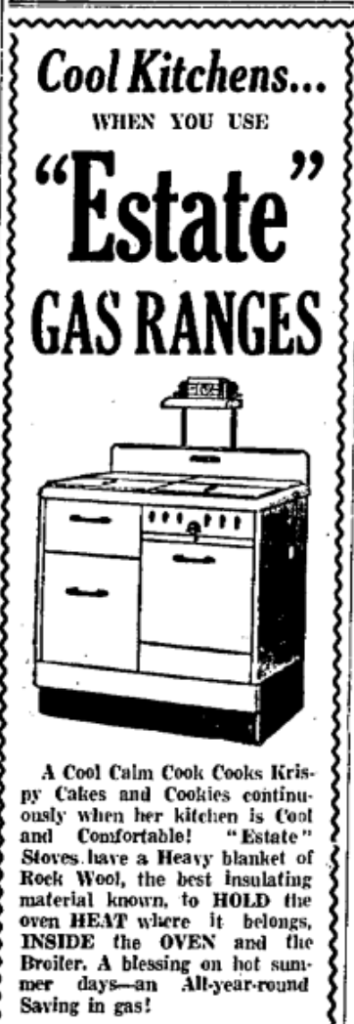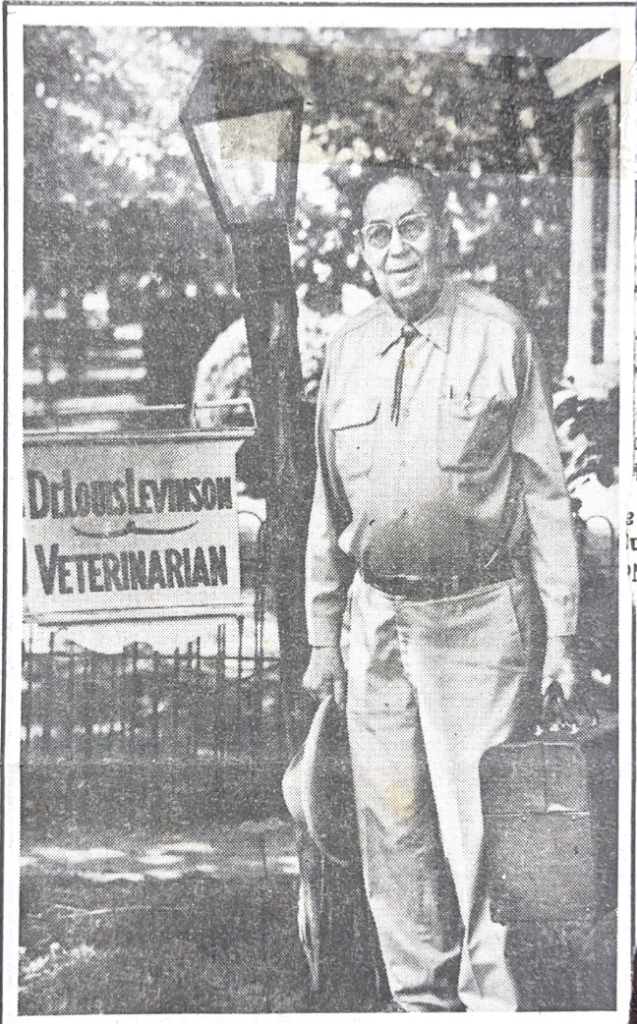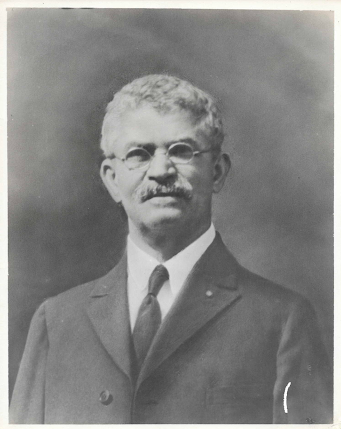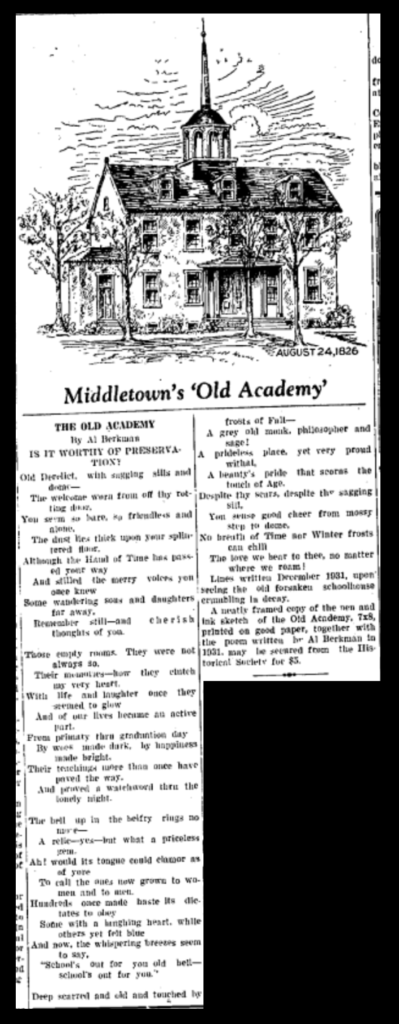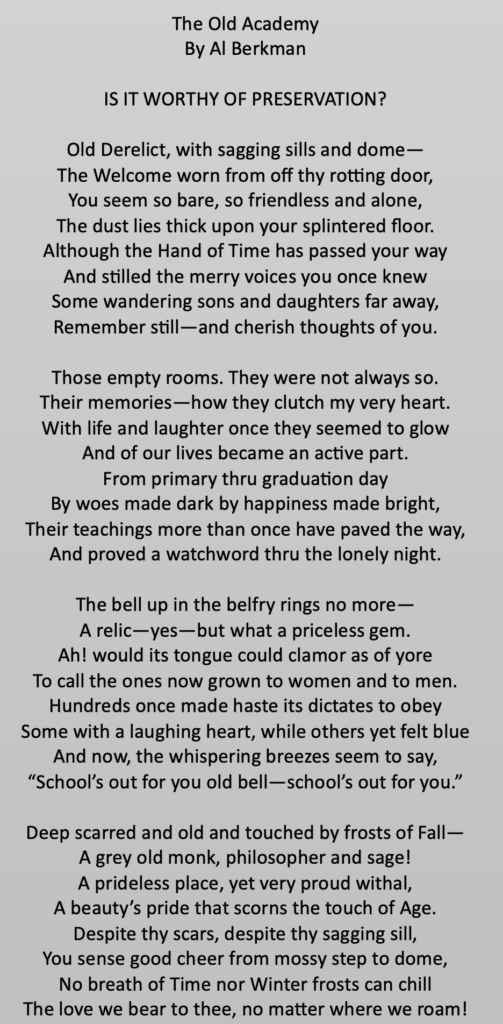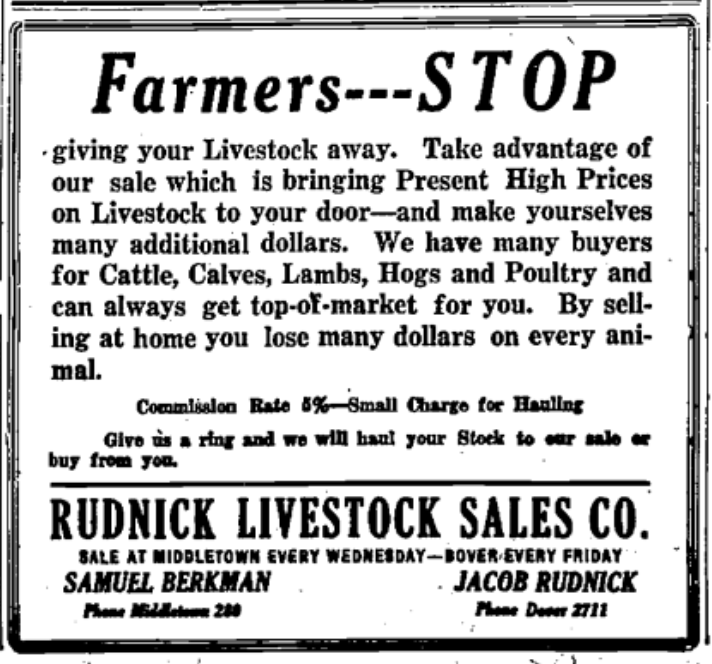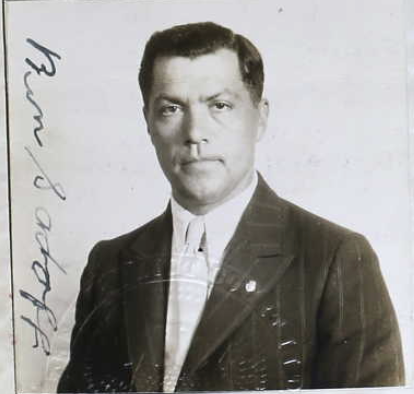This digital exhibition was created to celebrate the contributions of Middletown’s Jewish families. As shop owners, doctors, and elected officials, Jewish Middletonians have been vital to our town’s development. Please visit our physical exhibition at the Middletown Historical Society to learn more!
Choosing Middletown
Middletown has been home to several Jewish families for well over the past century. Most of Middletown’s Jewish families arrived around the turn of the twentieth century. During this time, Middletown was undergoing a transformation from a peach town to a bustling agricultural and commercial center. Thanks to the train route connecting Middletown to larger cities, our town was a destination for families to settle in a quieter rural setting albeit with all the necessary local amenities.
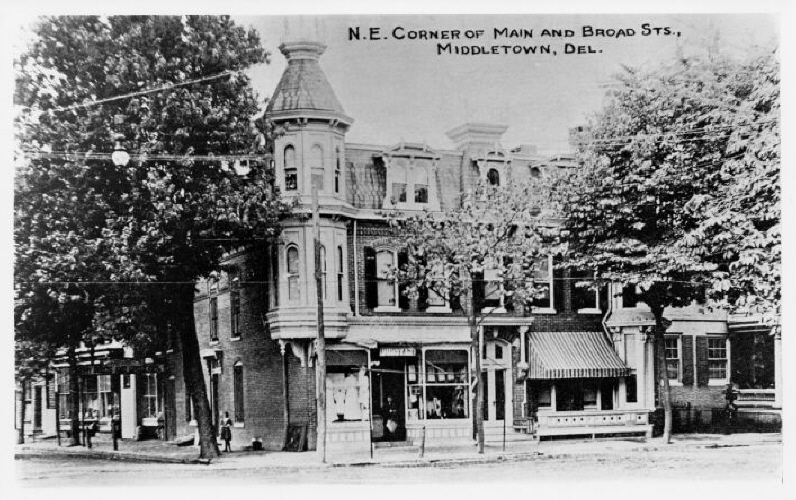
Antisemitism
Jews have a long history of oppression and hate, including in the second half of the nineteenth century when the United States was experiencing increased immigration. At this time, Russia was acquiring new lands from the dissolving Ottoman Empire, which included large Jewish populations. Alongside the rapid development of capitalism in Russia, traditional Jewish trades were increasingly viewed as outdated, and stereotypes of Jewish backwardness and laziness were perpetuated. Succeeding pogroms expelling Jews from Russian territories forced families to emigrate in search of new homes.
Although many fled to the United States with promises of equality and freedom, the antisemitism experienced in Eastern Europe was often mirrored here. In 1870 our local newspaper, The Middletown Transcript, published an article titled “A Jewish Invasion,” warning Americans of a coming influx of the “low, nearly semi-barbarous class” of European Jews who would be a “general evil” on our economy and society. Such xenophobic allegations were discredited by the significant contributions made by Jewish immigrants.
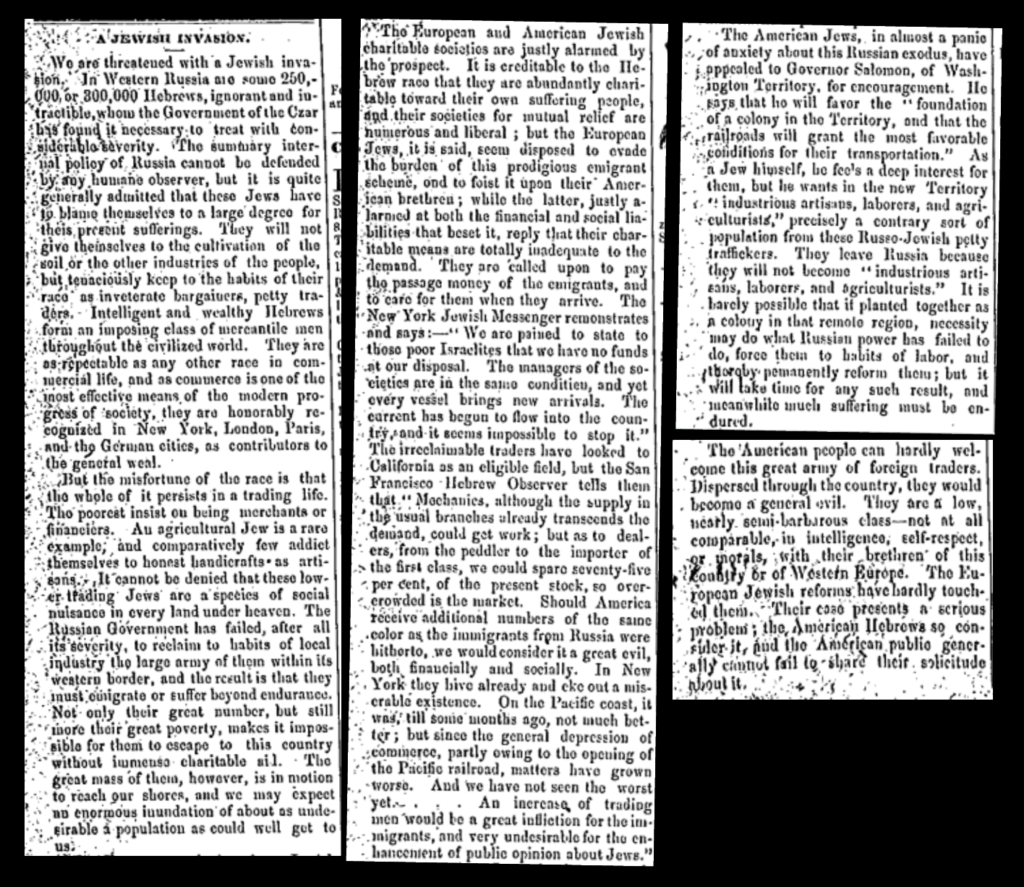
Jews generally found Middletown to be an accepting community, but still occasionally faced antisemitism. In his oral history, Louis Levinson recounts his experience during an early mayoral election for which he was a candidate. “I can’t vote for a Jew as mayor,” declared one of his close neighbors, shortly before Levinson discovered his name had been scratched off five hundred ballots. While he unjustly lost this election, he would go on to win six others, serving as Middletown’s mayor for twelve years.
“There’s always antisemitism underneath, but I ignore it”
-Harry Schagrin
The Middletown Transcript
Much of what we know about Middletown’s Jewish families is thanks to the prolific Middletown Transcript, published since 1868. Throughout this exhibition you will find reprints of newspaper advertisements and notices that are our primary sources for understanding the Middletown of the past two centuries.
Those That Come and Go
For early twentieth-century Middletonians, traveling was big news! Among the Middletown Transcript’s most useful resources is a section titled “Friends & Visitors” which details the comings and goings of Middletonians, their friends, and their families. From here we can ascertain the connections between our local Jewish families and other Jews around Delaware and surrounding states. Some examples can be seen below.
January 3, 1914: “Mr. Jacob Burstan of Jefferson Medical College, Philadelphia, is spending his week with his parents Mr. and Mrs. Burstan.”
January 5, 1918: “Capt. R. M. Burstan, of Norfolk, Va., Dr. and Mrs. M. B. Burstan and son, of Ridley Park, Mrs. L. Liman and son Milton, of New York City, spent New Year’s with their parents Mr. and Mrs. S. Burstan.”
July 6, 1918: “Messrs. Harris and Samuel Berkman, of Chester, Pa., were week-end guests of their parents Mr. and Mrs. Joseph Berkman”
January 7, 1922: “Mr. and Mrs. Lester M. Shestack, of Philadelphia, and Mr. and Mrs. Lester Harris, of Chester, spent Sunday and Monday with their parents Mr. and Mrs. Joseph Berkman.”
January 14, 1922: “Mr. and Mrs. A. Fogel and daughter, Miss Laura Fogel, and Mr. Harry Schagrin, of Wilmington, attended the Hebrew Charity Ball, in Wilmington, Jan. 12th.”
Oral History
Other important sources for the historical society include oral histories. For this exhibition, we owe much to the oral histories of Louis Levinson and Harry Schagrin. Oral histories help fill in gaps and verify stories of the past that may have otherwise been lost to history. While we can piece together an understanding of what happened in the past based on archival evidence, the voices of Middletonians best convey the rich culture of our town.
The oral histories of Louis Levinson and Harry Schagrin are held by the Jewish Historical Society of Delaware and can be accessed by clicking the links below.
Community Connections
The Middletown Jewish community was small yet closely connected. Jewish families were brought together in marriage, often resulting in lifelong friendships and business partnerships. Louis Levinson and Harry Schagrin, for instance, were close friends ultimately bonded by the marriage of Thelma Schagrin and Milton Levinson, while Fannie Burstan and Abraham Fogel’s marriage resulted in a business partnership between Abraham and Samuel Burstan.
Marrying within the Jewish community was particularly important for maintaining cultural connections, exemplified by the marriage of Ralph Berkman and Ann Sadowsky (Sadoff). One summer, the Sadowsky family sent Ann to stay with her Sadoff relatives in Middletown in hopes that she would meet a Jewish man, leading to Ralph and Ann’s union. Their marriage and others can be seen in the chart below.

Religion and Culture
Jewish Middletonians were also bonded by their faith and culture. Since there was no synagogue in Middletown, Jewish families traveled to the Beth Shalom synagogue in Wilmington, or to the Beth Sholom synagogue in Dover after it opened in 1946, where Samuel Berkman was president.
Most Middletown Jews were raised under the Jewish faith, but some with little Hebrew education, such as Louis Levinson. When Louis moved to Middletown in 1920, he received a letter from Beth Shalom inviting him to the synagogue. Although he felt embarrassed by his lack of Jewish education, he wanted his son, David, to grow up appreciating their culture. They became faithful members of Beth Shalom and Louis made sure to bring his son to the synagogue each week.
In Middletown, Joseph Berkman was president of the local branch of the Hebrew Charity Association. Joseph would host meetings in his home and the members would donate to relief funds in support of the newly formed country of Israel.
Many Jewish Middletonians remain together today in the Jewish Community Cemetery in Wilmington. This includes Louis Levinson, Roslyn Levinson, Milton Levinson, Harry Schagrin, Laura Fogel Schagrin, Thelma Schagrin Levinson, Abraham Fogel, Fannie Burstan Fogel, Samuel Berg, Sarah Berg, Morris Berg, Melvin Berg, Benjamin Sadoff, Mollie Sadoff, and Minerva Sadoff.
Community Leaders
Within our community, Jews worked as leaders and partners to build a safe and prosperous Middletown. Harry Schagrin and Ralph Berkman were elected to serve on the city council in the 1960s, when Harry moved the town hall into the vacant Academy building (now the Middletown Historical Society). In the war years, Roslyn Levinson opened a Ladies Auxiliary to support the community, focusing especially on mental health, while her husband, Louis Levinson, served as mayor for twelve years.
Many of our Jewish families were committed members of Middletown’s Volunteer Hose Company, including Joseph Berkman, Samuel Berkman, Harris Berkman, Ralph Berkman, Alexander Berkman, Samuel Berg, Abraham Fogel, and Wallace Sadoff. Harris Berkman was Middletown’s longest-tenured Chief, serving for 29 years from 1929 to 1957.
Middletonians go to War
All of these families were in some way affected by the world wars of the first half of the twentieth century. Middletown was especially struck with tragedy when Soloman Burstan’s son, Rupert Burstan, died of the endemic flu in a French military hospital during World War I. Captain Rupert Burstan was the first Jewish man to graduate from the Naval Academy. Shortly after, he joined the Marines and was stationed in Haiti and Quantico, Virginia before being sent overseas to France. His brother, Jack Burstan, was serving as a military doctor in France at the time Rupert became ill, and was able to visit him in the hospital before his passing.
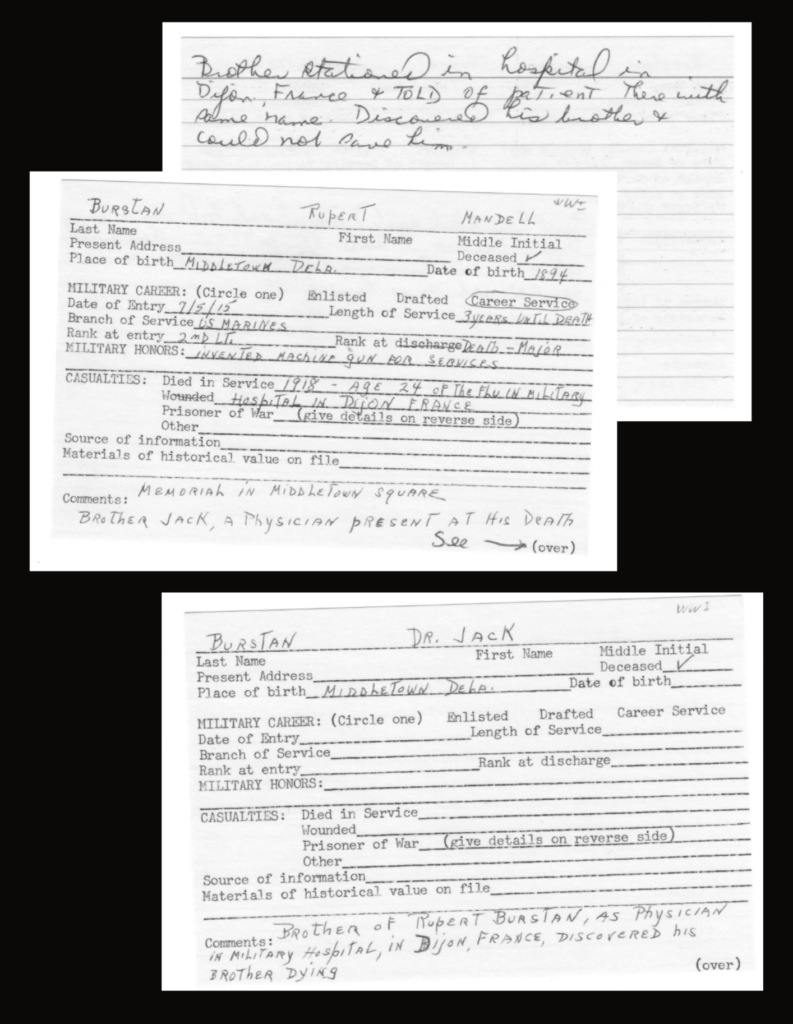
Back in Middletown, those who could not join the fight oversees supported in ways they could. During World War II, Louis Levinson ran our local draft board and helped fought to keep young men at home with their families. His wife, Roslyn Levinson, ran a local Ladies Auxiliary specializing in mental health services. While serving as mayor, Louis raised funds to build a monument for those who had fallen in the first world war, an idea brought to him by Harry Schagrin. Together they raised enough money to build a monument dedicated to the four Middletonians who died in WWI, which still stands at the intersection of Broad and Main streets.
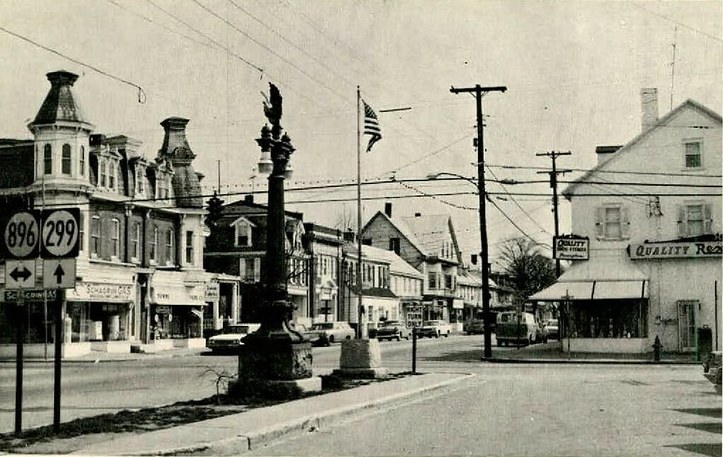
Mapping Middletown’s Jewish Community
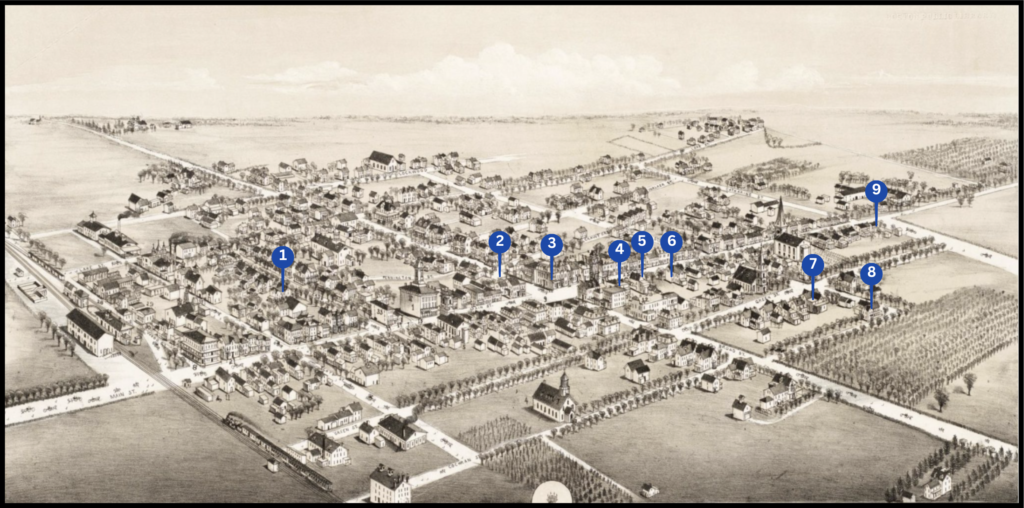
Match the points on the map above with the list below to find out where Middletown’s Jewish families lived and worked!
1. Levinson family home (206 N. Cass St.)
2. Sadoff’s Department Store (22 N. Broad St.)
3. Fogel and Burstan’s Department Store (1 East Main St)
3. Schagrin’s 5 and 10 Store (1 E. Main St.)
3. Schagrin Gas (1 E. Main St.)
4. Joseph Berkman’s Variety Department Store (12 E. Main St.)
5. Harris Berkman’s store (14 E. Main St.)
6. Unknown business owned by Melvin Berg (16 E. Main St.)
7. Schagrin family home (12 E. Green St.)
7. Fogel family home (12 E. Green St.)
8. Berkman family home (6 E. Cochran St.)
9. Berg family home (134 E. Main St.)
Please read on to learn about the Jewish families who shaped Middletown. Did you know these Middletonians? Were they your neighbors, friends, or family members? Please share your stories by chatting with us at the historical society or by emailing mhistoricalsociety@gmail.com.
The Burstans
Solomon Burstan (1857-1932)
Sarah Burstan (b. 1859)
Samuel Lee. Burstan (1887-1943)
Dr. Maurice Burstan (b. 1885)
Dr. Jacob Burstan
Captain Rupert Mandel Burstan (1894-1918)
Marion F. Burstan
Fannie Burstan
The Burstan family arrived in Middletown around 1900, eighteen years after Soloman, Sarah, and their young daughter, Marion Burstan, immigrated from Romania. According to the oral history of Harry Schagrin, the Burstans wanted to move their large family to a smaller town after living in the large metropolis of Philadelphia. The story continues with Soloman bringing his family to the train station and asking for tickets to the small town of Salisbury, Maryland, but did not have enough money. When he asked how far his money would take them, the ticket man responded with Middletown, Delaware.
Upon settling in Middletown, the Burstans opened a shoe repair shop which quickly developed into Burstan’s Department Store located at the intersection of Broad and Main streets. Solomon’s second eldest son, Samuel Burstan, followed in his father’s footsteps by opening his own store in partnership with another local Jewish family, the Fogels, while his eldest son, Maurice, was a local optometrist. Soloman’s two other sons, Jacob (Jack) and Rupert, both joined the military and served overseas during World War I. Both were serving in France–Jack as a physician and Rupert a Captain in the Marine Corps–when Rupert tragically passed away from the flu in 1918.
The Burstans were a prominent family in Middletown but often moved around the mid-Atlantic to live in large cities such as New York and Atlantic City, New Jersey, where Soloman was spending his retirement when he passed away in 1932.
The Fogels
Abraham Fogel
Fannie Burstan Fogel
Laura Louise Fogel (1903-1988)

Abraham Fogel immigrated in the late 1800s and first settled in Wilmington. He ran a successful shop before relocating to Middletown to marry Fannie Burstan, daughter of Samuel. Abraham was a “peddler deluxe,” arriving in his horse and buggy, Harry Schagrin recalled. With their combined knowledge of running storefront businesses, Abraham and his father-in-law, Samuel, opened Fogel’s Department Store on the corner of Broad and Main streets. Around the same time, Abraham and Fannie welcomed a daughter, Laura Fogel, who would grow up to marry Harry Schagrin.
The Schagrins
Harry Abram Schagrin (1900-1990)
Laura Louise Fogel Schagrin (1903-1988)
Thelma Ruth Schagrin Levinson (1923-2005)
Harry Schagrin was often referred to as the “Carnival King” due to an early business venture supplying carnivals with rides, but his contributions went way beyond carnivals. Harry was born in Wilmington, where he grew up helping his father run their millinery shop. He married Laura Fogel in 1922 and moved to Middletown, where his father-in-law, Abraham, asked Harry to help with fundraising for the local carnival for which he was on the buying committee. Harry convinced his father to liquidate their Wilmington shop and used the funds to start a carnival business, where Harry supplied rides, helped with financing, and organized carnivals.
Harry’s prosperous carnival venture allowed the young couple to buy a second home in Rehoboth in 1926, but other families soon suffered in the looming financial crisis of the 1930s. This included the Fogels and Burstans who owned Fogel’s Department Store. When forced to sell their business, Harry helped by taking over the store and turning it into the 5 and 10 – a frugal option for Middletonians during the Great Depression.
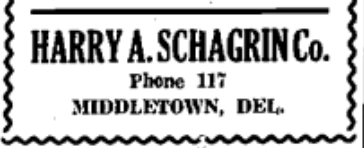
Perhaps what Harry is best known for is his success in creating the Schagrin Gas Company. While on a visit to Maryland, Harry was asked to purchase a new innovative technology: a gas stove. At the time, Middletown only used kerosene stoves, and Harry had a keen sense for business opportunities. Rather than buy a gas stove, Harry was hired as a representative (for which he received a free stove) and began selling to people and businesses around Middletown, all the while using his commission to collect gas equipment. After gaining sufficient knowledge and equipment, Harry and Milton Levinson, Harry’s son-in-law, started their own gas company. Today, Schagrin Gas lives on under the operation of the Schagrin-Levinson family.
With such success, Harry found himself to be one of Middletown’s most trusted community leaders. He served as a member of Middletown’s Volunteer Hose Company for his entire adult life and president of the New Castle County Fireman’s Association for two terms. He was a charter member, vice president, and treasurer of the Rotary Club of Middletown. When they invited a minister who was “vilifying jews” to speak at a gathering, Harry left and joined the Middletown Lions Club. In 1962 Harry and Ralph Berkman served on the Middletown city council. “We turned the town upside down,” Harry recalled. As a Middletown leader, Harry fought for beneficial policies and changes, and even preserved the historic building that is now the Middletown Historical Society by converting it into city hall.
The Levinsons
Dr. Louis Levinson (1896-1993)
Roslyn Cohen Levinson, wife (1906-1973)
David Levinson, son (1935-2019)
Milton Levinson (1921-2003)
A close friend of Harry Schagrin, Louis Levinson was Middletown’s veterinarian who also served as mayor for twelve years from 1929 until 1941. Louis was born in Philadelphia and received his veterinarian education at the University of Pennsylvania before serving in the army during WWI. He moved to Middletown around 1920 where he began his veterinary practice of over sixty years caring for small animals, farm horses, race horses, and cattle. Louis charged only moderate fees in hopes that clients would feel encouraged to call him at the first sign of injury or sickness, to lessen the animal’s suffering and increase the likelihood of recovery.
Among his many contributions to veterinary practice was his involvement in changing the way cow milk is pasteurized for healthy consumption. When local children were catching tuberculosis, Louis discovered that the milk must be heated to 145 degrees rather than the established standard of 142 degrees. After proving his theory, Louis lobbied to have legislature pass a bill changing the regulation.
As mayor, Louis contributed to Middletown’s infrastructural improvement by paving dirt roads and introducing the city’s first sewer. He was also passionate about improving Middletown’s schools, and fought to make St. Andrews an accredited school, providing Middletonians with a high standard of education. Louis also served on Middletown’s draft board and raised funds to have a monument placed on Main Street to honor those who died in the first world war.
Years later, Louis put his fundraising skills to use once more when the academy – the building which now houses the Middletown Historical Society – was under threat. When Louis heard the historic academy building was to be sold to the government, he left for Washington D.C. to retrieve documents that proved the illegality of the sale. He then convinced eighteen town officials and residents to pitch in $100 each, and together they bought the building from the family for $1,800. It was turned into a town office and public library, the latter organized and run by Roslyn Levinson. After Roslyn and Abraham Fogel’s deaths, a Roslyn Room and a Fogel Room were dedicated to their contributions.
The Berkmans
Joseph Berkman (1860-1941)
Anna Emma Naomi Waronker Berkman (1870-1954)
Annie Berkman (b. 1881)
Leah Berkman Shestak (1892-1971)
Miriam Berkman Harris (1894-1934)
Alexander Berkman (1896-1978)
Harris Berkman (1898-1958)
Samuel Berkman (1900-1973)
Ralph Berkman (1911-1987)
Joseph Berkman was a prominent shop owner and Middletown household name in the early half of the 20th century. Joseph left Poland in 1877 and met his wife, Anna Waronker, sometime after she immigrated in 1890. They moved to Middletown in 1896 and opened the Joseph Berkman Variety Department Store southeast of the intersection of Broad and Main streets. Local advertisements for Berkman’s store could be seen all over town, including on the Everett Theatre’s big screen.
Joseph and Anna’s son, Harris Berkman, owned a separate general goods store just east of Joseph’s store on Main Street, while their second son, Samuel, partnered with another Jewish Middletonian, Jacob Rudnick, to open the Rudnick Livestock Sales Company. Samuel was also president of the Beth Shalom synagogue in Dover. The youngest of the Berkman sons, Ralph, worked for his father and took over the family store when Joseph passed away in 1941. When Ralph passed in 1987, his wife, Ann Sadowsky Berkman, kept the shop open until it reached its 100-year anniversary in honor of Joseph and Ralph.
The Berkmans were devoted to the Middletown community. Joseph and each of his sons were members of the Volunteer Hose Company of Middletown, with Harris serving as the Company’s longest tenured Chief. Ralph Berkman served in the U.S. Army as a Master Sargeant before returning home to run his father’s store and serve our community as President of the Middletown Rotary Club.
Alexander “Al” Berkman also had a hand in saving the old academy building. In 1931 he published a poem imploring the public to see the building’s value:
The Rudnicks
Jacob Rudnick (1889-1961)
Fannie C. Rudnick (1891-1990)
Edith D. Rudnick Berkman (1911-1997)
The Rudnick family moved between Middletown and Dover, but were known as local Middletonians. Jacob Rudnick and Samuel Berkman ran the Rudnick Livestock Sales Company out of two locations, with Samuel being the Middletown contact and Jacob the Dover one. Their business pitch promised home delivery and purchase of livestock from buyers outside of Middletown, ensuring Middletonians received the best prices for their livestock.
The Sadoffs
Benjamin Sadoff (b. 1896)
Mollie Sadoff (b. 1901)
Minerva Sadoff (1921-1965)
Harry Sadoff (1925-1994)
Wallace Sadoff (b. 1927)
Samuel Sadoff (b. 1930)
Benjamin and Mollie Sadoff were both born in Russia but met in Philadelphia, marrying in 1920. They moved to Middletown and started their family first with the birth of a daughter, Minerva, followed by their three sons, Harry, Wallace, and Samuel. Benjamin worked in the cattle trade but also opened a small shoe shop at 24 N. Broad Street, which he later made into a men’s work clothing store. His eldest son, Harry, graduated from the University of Delaware with a medical degree in 1949.
The Bergs
Samuel L. Berg (b. 1890)
Sarah Berg
Erwin H. Berg
Melvin P. Berg (1917-2010)
Morris Berg
Albert L. Berg (b. 1920)
Howard M. Berg (1925-2016)
Not much is known about the Berg family, but Harry Schagrin recalled a touching story involving one of the Berg sons, Melvin. As Harry recalled it, a local doctor, whom he had been warned was antisemitic, came to Harry with concerns about Melvin’s educational prospects. The doctor believed Melvin to be too bright not to go to college, but the economic recession of the 1930s made paying for college impossible for the Berg family. Together, the doctor and Harry paid for Melvin’s tuition to go to business school in Wilmington. Harry was happy to recall that “there was no antisemitism at all” when it came to helping this young Jewish Middletonian.
